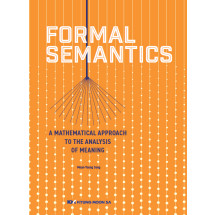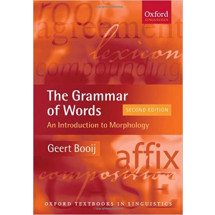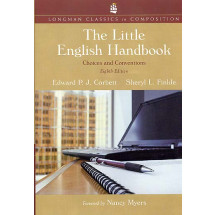The past decade has seen an unprecedented growth in the study of language contact, associated partly with the linguistic effects of globalization and increased migration all over the world. Written by a leading expert in the field, this new and much-needed account brings together disparate findings to examine the dynamics of contact between languages in an immigrant context. Using data from a wide range of languages, including German, Dutch, Hungarian, Italian, Spanish, Croatian and Vietnamese, Michael Clyne discusses the dynamics of their contact with English. Clyne analyzes how and why these languages change in an immigration country like Australia, and asks why some languages survive longer than others. The book contains useful comparisons between immigrant vintages, generations, and between bilinguals and trilinguals. An outstanding contribution to the study of language contact, this book will be welcomed by students and researchers in linguistics, bilingualism, the sociology of language and education.
Michael Clyne is Professorial Fellow in Linguistics and Director of the Research Unit for Multilingualism and Cross-Cultural Communication at the University of Melbourne. His books include Language and Society in German-Speaking Countries (Cambridge, 1984), Community Languages: the Australian Experience (Cambridge, 1991), Pluricentric Languages (1992), The German Language in a Changing Europe (Cambridge, 1995), and Intercultural Communication at Work (Cambridge, 1995).












